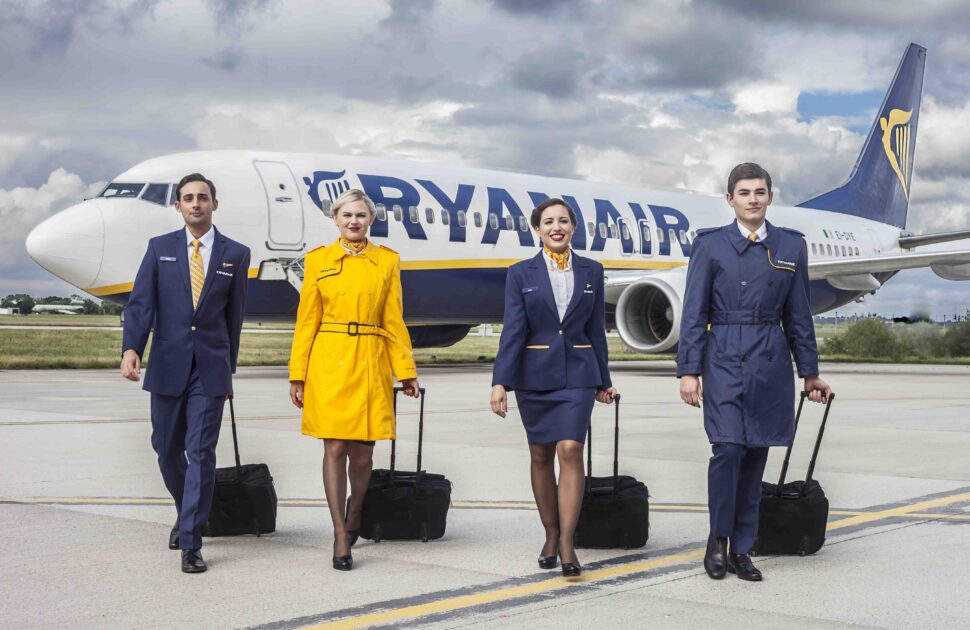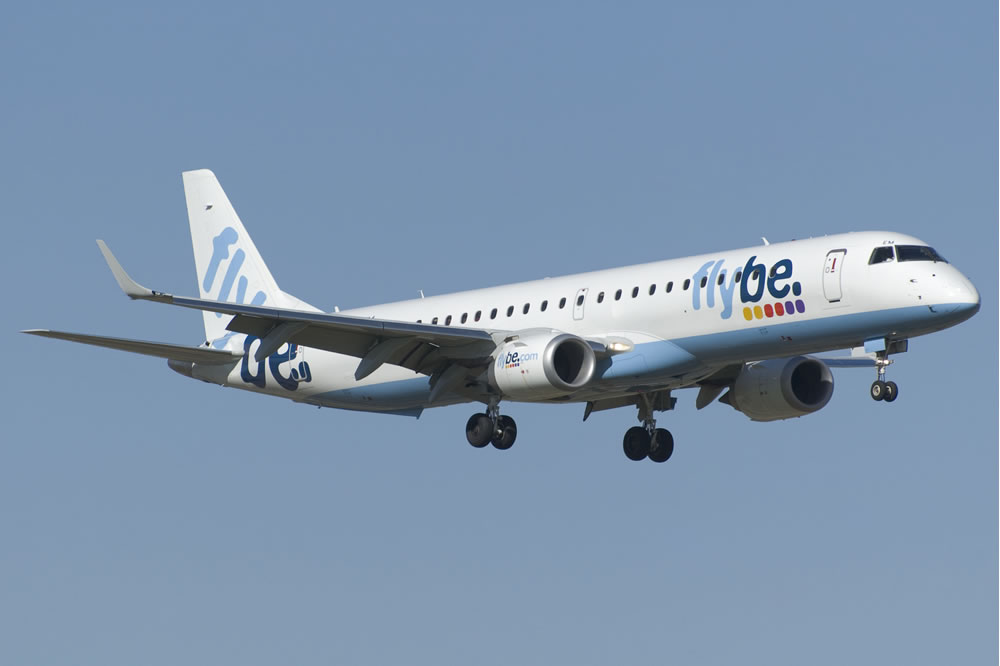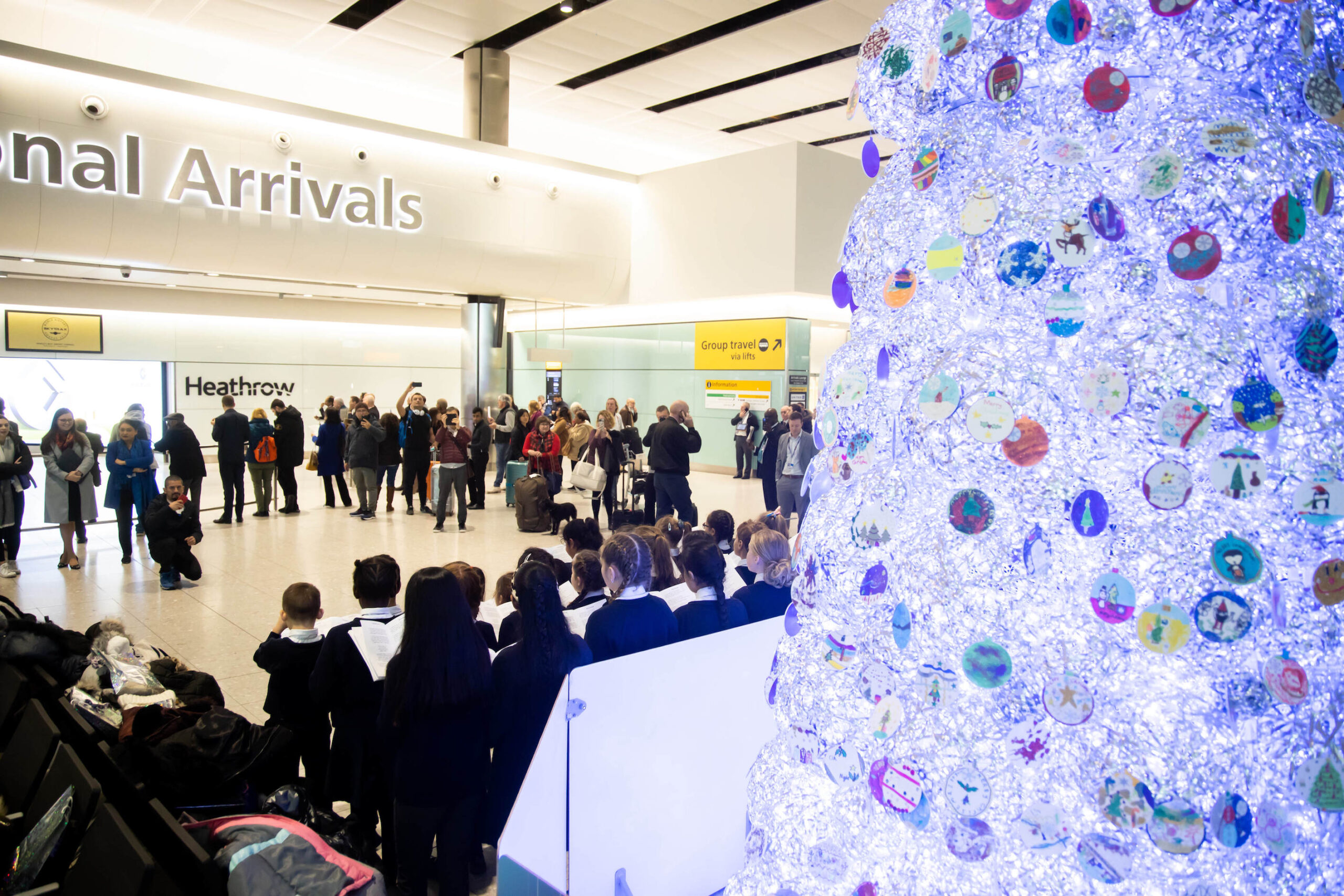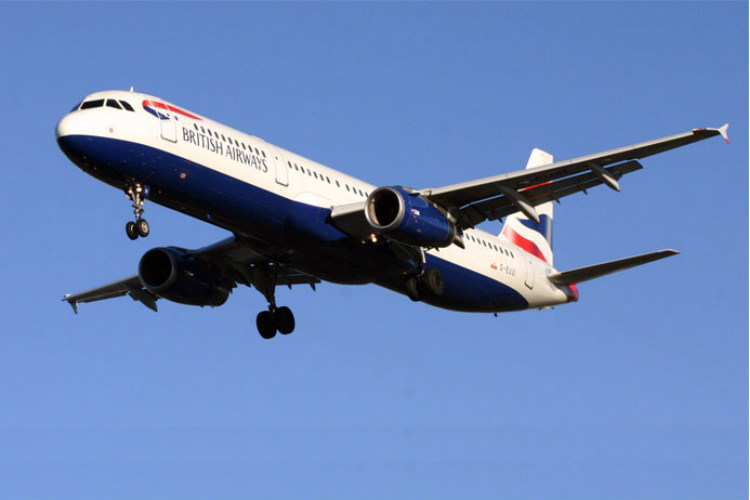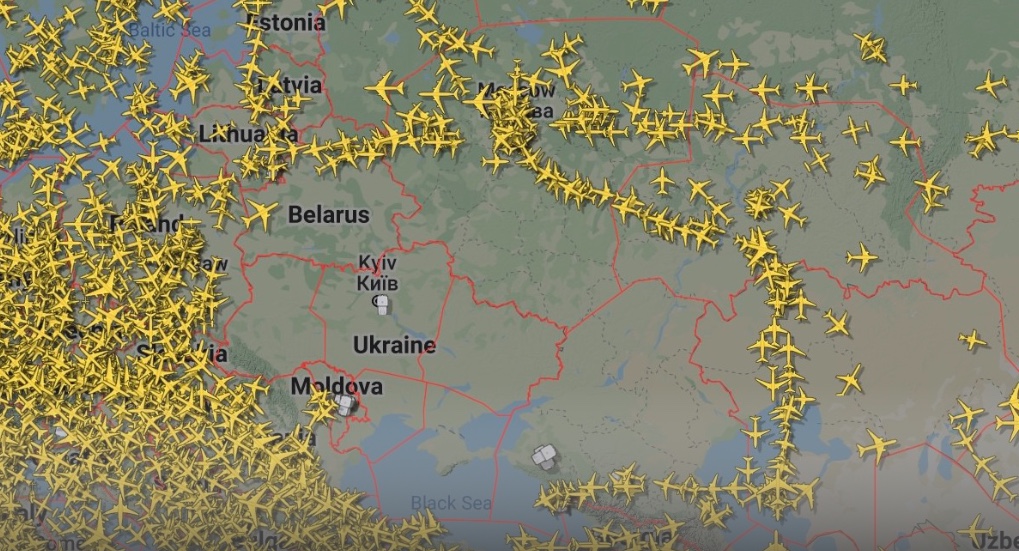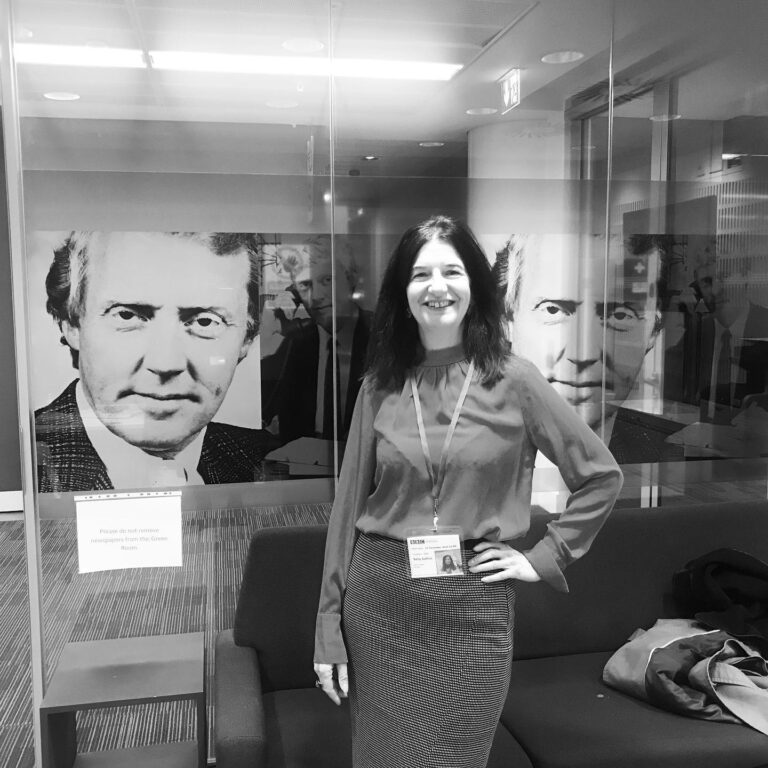Ryanair is still struggling at the negotiating table. Airline management acts baffled and exasperated over the non-compliance of its workers to adhere to its terms and conditions.
But here’s the thing – pilots and cabin crew throughout Europe are tired of dancing to the management tune, and want to establish pay and conditions on their terms for a change. They want rid of the old guard, the old way of doing things at Ryanair’s management. They want the chairman David Bonderman, in post for 22 years, to take a seat in the row marked ‘exit’.
But Mr. Bonderman is going nowhere just yet. And so today, 35,000 passengers booked on 250 flights are facing disruption and cancellations. Crews, both cabin and pilots, are on strike in six countries for 24 hours today.
(For my comment on today’s episode of BBC Business Live CLICK HERE)
Ryanair argues that the strikes are ‘unnecessary customer disruptions’ caused by external actors – non-Ryanair staff from competing airlines interfering in union negotiations. Ryanair is branding these other airline employees as troublemakers.
So convinced is Ryanair of this conspiracy theory that chief exec Michael O’Leary called a meeting with the European commissioner for Employment, Social Affairs, Skills and Labour Mobility Marianne Thyssen, to argue unfair competitive interference.
Basically she sent Mr. O’Leary packing with some choice words: ‘Respecting EU law is not something over which workers should have to negotiate, nor is it something which can be done differently from country to country. I made this very clear to Mr. O’Leary today. I am not against Ryanair or against the low-cost business model. But with great success also comes great responsibility. The internal market is not a jungle; it has clear rules on fair labour mobility and worker protection. This is not an academic debate, but about concrete social rights of worker.’
In any case the unions claim ‘It is normal for trade unions to have elected representatives working for other companies, or even other industries, depending on the democratic processes of the unions involved. Ryanair only recently recognised unions and so its staff have not been organised long enough to have their own representatives in all unions.’
The unions even went on to say ‘how inexperienced the management is in industrial relations that this is such an issue for them. Ryanair is wasting time making complaints when it should be trying to resolve these serious issues.’*
At the heart of the issue is pilots and cabin crews’ demand to work and pay conditions, or Collective Labour Agreements, according to the jurisdiction of their own country, rather than of Ireland, where Ryanair is headquartered.
Thyssen emphasized to O’Leary that it’s not the flag of the aircraft that determines the applicable law. It is the place from where the workers leaves in the morning and returns in the evening.
If O’Leary and his colleagues at the top could shrug off conspiracy theories of competing airlines using the negotiation process to destroy the airline’s future, and if he could grasp this basic tenet from the EC, then further negotiations might stand a chance.
There is a chink of light. Management has secured agreements with a number of unions so far this summer: Ireland (pilots and cabin crew), Italy (pilots), UK (pilots), Germany (cabin crew).
On the other hand, pilots in Germany are not satisfied and are pressing for better pay and conditions, while Polish crews are facing an ultimatum – sign self-employment contracts by 30 September or face redundancy.
Ryanair tried to shift more operations to Poland where it operates a charter airline Ryanair Sun, to overcome disputes among Irish pilots through the union Forsa. Now that glitch with Forsa is over, the pressure is on the Polish contingent to comply. But instead of giving in, these crews organised themselves into their own union. However being forced into self-employment would render their union invalid under Polish law.
Unions have been lobbying to depose the current chairman David Bonderman, who they believe is behind the confrontational antiquated culture at Ryanair. Shareholders have been lobbied in a bid to pressure the board to vote against the chair. At the AGM 29.5percent of shareholders either voted against him or abstained compared to 12.5% in 2017. But this still leaves him in post. So while unions feel the tide may be slowly turning in their favour, there is still a mountain to climb.

ETF General Secretary Eduardo Chagas says, ‘Mr Bonderman’s return to the Ryanair boardroom does not augur well for the company’s industrial relations. We were all waiting for a signal that the company was willing to change direction. That signal has not come.’
‘Just last week, Ryanair responded to the creation of a new union for Polish cabin crew by trying to shut it down and force its workers into self-employment. These are not the actions of a mature company, and responsibility ultimately lies with the senior leadership.’
Chief Executive Michael O’Leary enjoys 98.5percent support from shareholders, meaning he will stay on for another 5 years at the helm.
But regardless of the stalemate in the boardroom, what about the passengers? Many are shifting their sympathies to the crews. While Ryanair is rebooking passengers onto alternative flights, many passengers are still facing disruption. Some can’t get through via email or live chat and are resorting to direct tweets to the airline’s customer service.
Coupled with that is the introduction of a new levy for a second bag in the cabin, which comes into force in November. This means that second tier passengers (branded non-priority) will have to pay £8 extra at time of booking to bring a second larger bag onboard. This amount can rise to as much as £25 if it is booked in at the last minute at the gate.
Ryanair argues this will save time at the gate, improving aircraft turnaround times, and offering greater efficiencies to the network as a whole. But try telling that to passengers who are already tired of being delayed and disrupted and having to rebook on other airlines at the last minute to get to their destination, sometimes without a refund. As one customer tweeted, how come it’s ok for Ryanair to cancel flights, but when we try to cancel, we can’t.
*Source: The International Transport Workers’ Federation (ITF) and The European Transport Workers’ Federation (ETF). ITF supports 670 affiliate trade unions in 140 countries, representing 19.7 million workers. ETF embraces transport trade unions from the European Union, the European Economic Area and Central and Eastern European countries. The ETF represents more than five million transport workers from more than 230 transport unions and 42 European countries.
